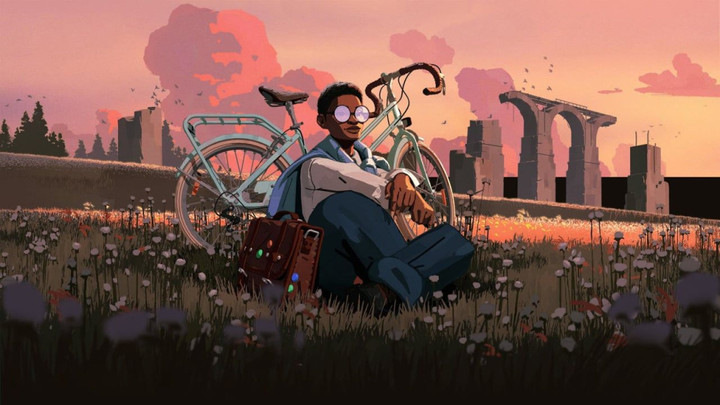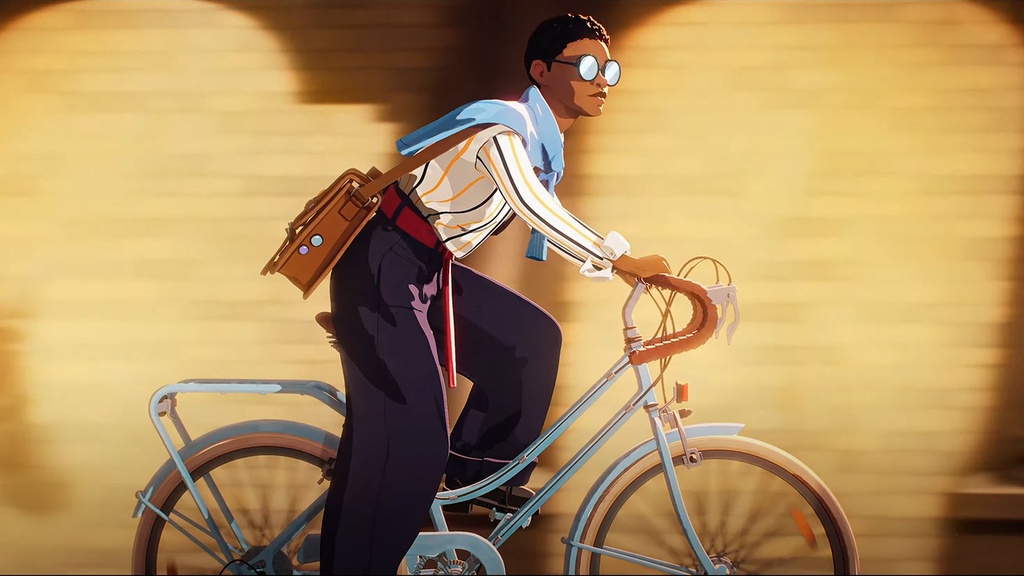In Japan, the Cherry Blossoms, also known as Sakura, symbolize the volatile nature of life. Its pretty pink petals are beautiful and a sight to behold. But beauty in its temporal form doesn't last long. That's Season: A Letter to the Future in a nutshell.
Season is a profoundly beautiful and meditative experience about fleeting moments of life and the serendipitous encounters that embody such moments. But for a video game that so sincerely wants to depict the importance of the journey rather than the destination, its sixish hours-long adventure is incredibly short-lived, feeling more like a prologue than a full-fledged story that sadly leaves many unanswered, unattended, and unexplored mysteries of its world.
Living for the Day after tomorrow
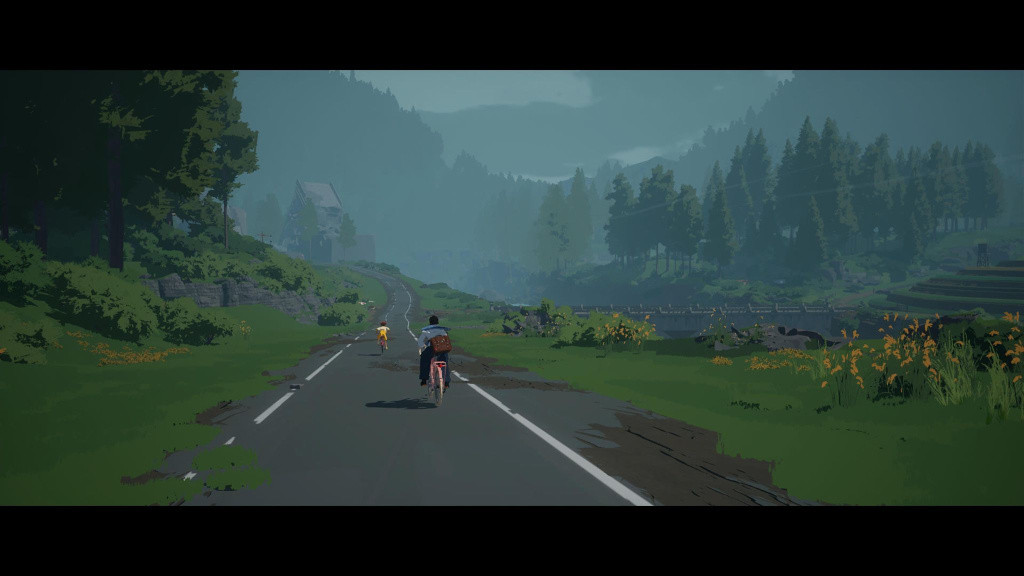
In Season, You play as a young woman, Estelle, who's tasked with capturing the lows and highs of life before the season ends. The changing of seasons symbolizes a moment of discomfort and uncertainty when nothing remains the same.
Before the next season arrives, before the change takes over, before life as you know it dissolves into memories, you must preserve bits and pieces of it with your camera and your audio recorder for the world to come.
It's an intriguing setup, one that quickly captivated me with its serene score, ambiguous writing, and vibrant cel-shaded visuals. After an emotionally enthralling farewell to the protagonist's mother, you're quickly thrown into a vastly beautiful world with your three companions: the bicycle, the equipment, and you.
The game utilizes the DualSense controller's functionalities on PS5, which means, the moment the main character hopped on a bicycle, I could feel the weight of the pedals on my fingers, the crunchiness of the tires stepping on the overgrown foliage on my palm, and hear various environmental cues through the speaker. Unlike many modern indies, Seasons looks and plays almost like a AAA game.
Season blossoms the moment you hop onto your bicycle and waft through the countryside listening to the sounds of chirping crickets, the flowing brook, and the occasional rhythms of the spring wind piano score that follows the protagonist's silhouette. Everything combined with the wide-screen cinematography makes Seasons seem like an interactive Ghibli movie.
It's absurd how plenty of massive AAA games fail to understand the two big mantras for open world experiences, whereas a six hours long game with a handful of different environments understands it so well.
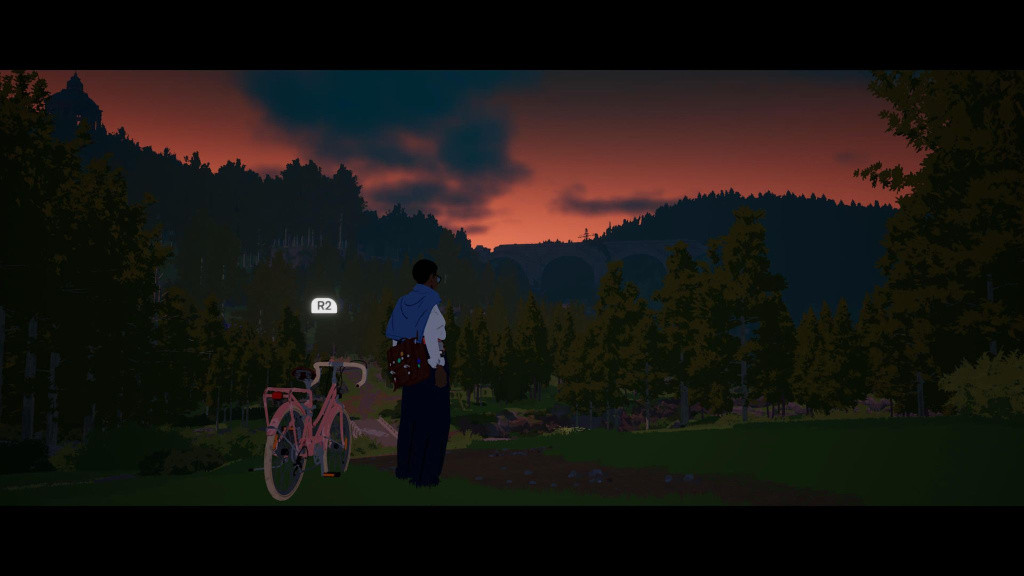
Much like Sable (play this game right now), Season provides a narrative context that's enough incentive to explore every nook and cranny of its world. Like the former, it also doesn't try to hold your hands and overwhelm you with countless objective markers and cumbersome UI, trusting you to soak in its handcrafted environments at your own pace.
The gameplay boils down to taking pictures of everything that catches your interest, recording sounds of everything that you feel should be preserved for the next generation, and transcribing all these into your journal. Creating your time journal never gets boring since there's plenty of freedom on what pictures and audio you put there and how you do so.
Whether you're a good photographer or not, the game will put you in scenarios where you're bound to take beautiful pictures. It's because every shot in Seasons looks like it's out of a beautiful painting. Oh, and it's ingenious how almost every photo you take is followed by an intriguing retrospective dialogue from the protagonist that reveals more about her nature and character.
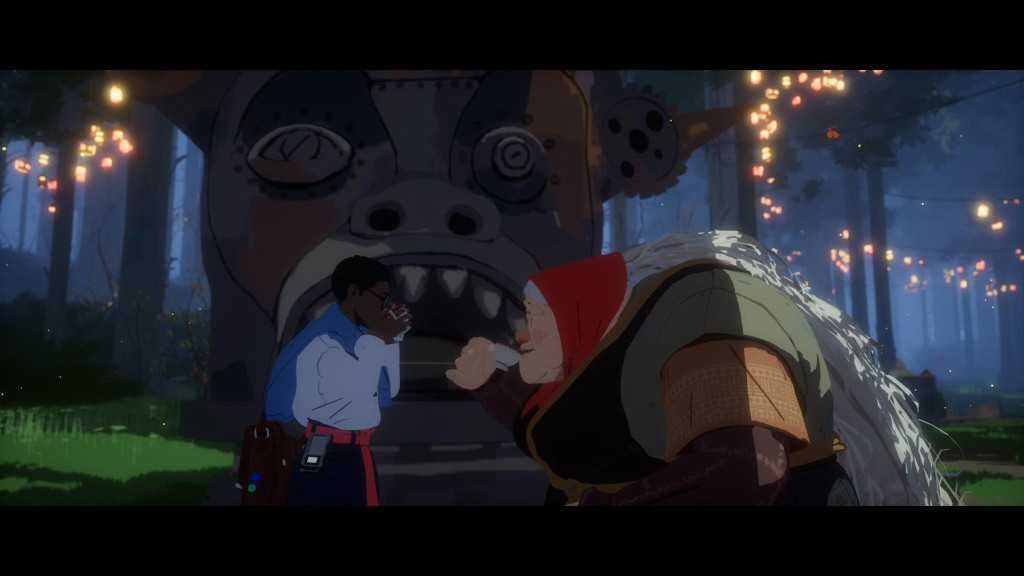
Soon, the act of taking pictures and recording audio cues for the future doesn't feel like a task. It starts with you creating memories for someone else, but it ends with you creating memories for yourself. And if you're a papyrophiliac like me, you're going to enjoy every single moment of customizing your journal.
Romanticizing existentialism
Like the protagonist, you are exploring Season's beautiful post-post-apocalyptic world for the first time, which makes you in sync with her thoughts. It creates these powerful introspective moments that vitalize Seasons' dream-like narrative of existentialism, life, and death.
While there aren't many characters in the game, the handful of them you meet are strikingly unique in every way. Their stories are emotional and depict different flavors of life. An old artist who regrets not being able to capture the town's essence in her art. A recently turned widow who's struggling between staying put and letting go. A hippie monk who ironically believes hope is the most painful thing in the world.
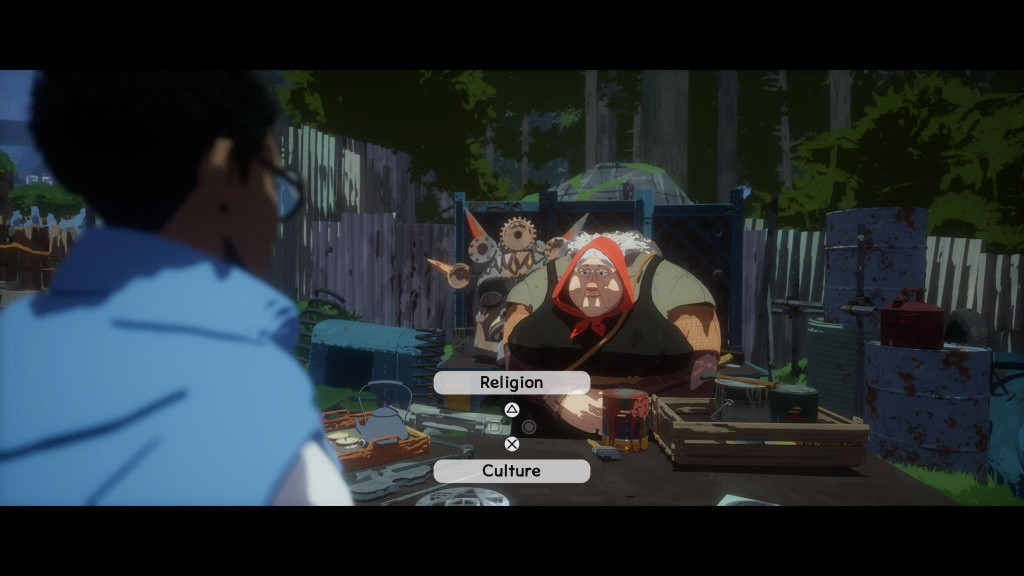
These are thought-provoking stories that tug at your heartstrings, leaving a strong impression, even more so with their overpowering monologues that often ask you to shut your eyes, focus, and just listen. The dialogues are diligent, and the choices in the dialogue tree consistently awe-inspired me.
While my choices didn't have groundbreaking consequences, it was still satisfying to see how my decisions provided more anecdotes about this world. It was also fun to choose what kind of memories I would leave behind for the world. In one particular instance, I was given the option to choose between pop culture and religion. These decisions led me to introspect about the kind of memories I would want to create for my future generation, thus making Estella's journey more personal than I had originally anticipated.
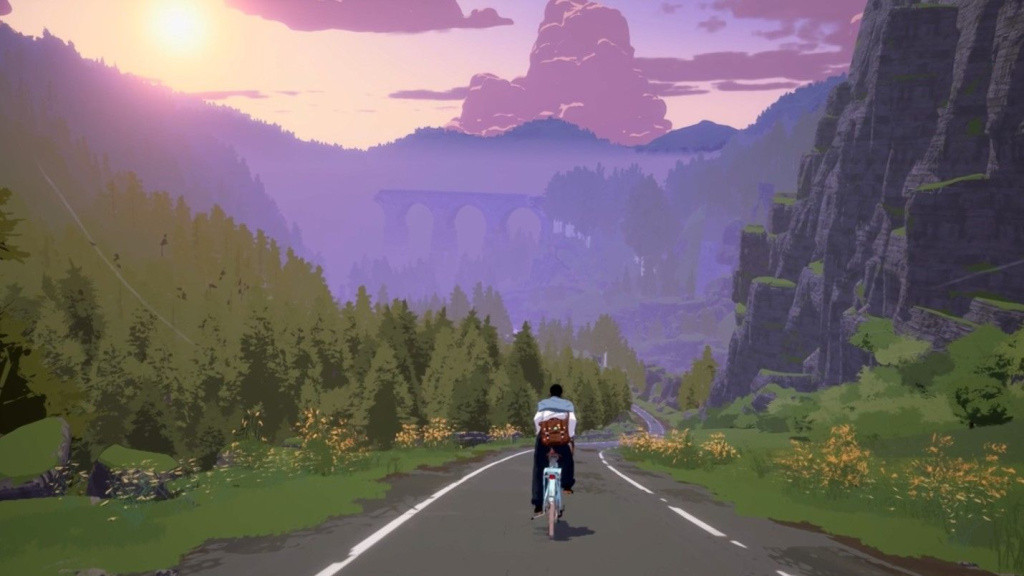
Speaking of the world, Season also spends the first half of its story creating a mystical backdrop that seldom dips into the supernatural. It never fully develops into anything, leaving things ambiguous, but not in a good way since it ends abruptly.
I would have liked to know more about the war that occurred in the season before this, the political tension that existed between the new militia group The Grey Hands and the natives, the three religions locales practiced, and most importantly, explored the fate of the prophet-like figure who had found a way to cure people who had lost the sense of time. By the time Season becomes a force to be reckoned with, it unexpectedly ends.

 No ads, our video library,
No ads, our video library,
